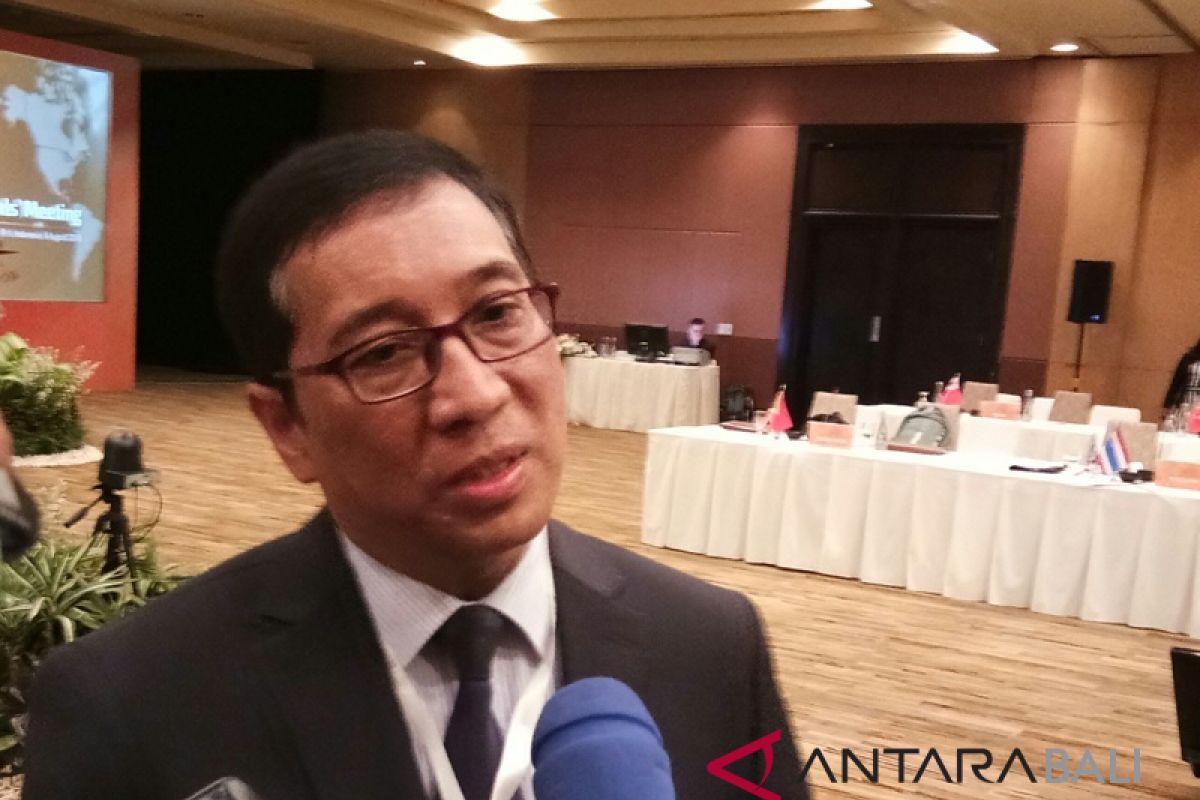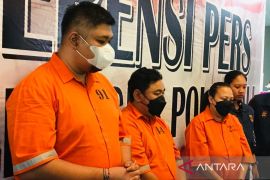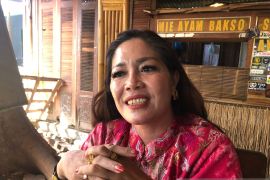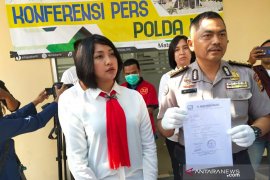Nusa Dua, Bali (Antaranews Bali) - The "Bali Process" dialogue will involve the private sector to address the issue of human trafficking, people smuggling, and transnational crimes.
"The private sector is a user. Hence, it will become an important issue to be discussed during the `Bali Process,`" Director General for Multilateral Cooperation of the Foreign Affairs Ministry Febrian Alphyanto Ruddyard stated at the opening of the Bali Process senior officials` meeting in Nusa Dua, Bali, on Monday.
Private sector players will participate in the 7th Bali Process ministerial meeting, scheduled to be held on Tuesday.
The forum, established in 2002, will involve the private sector to make a regulation on working practice that can minimize human trafficking.
In a bid to expand its coverage, the forum had, in 2017, established the Bali Process` Government and Business Forum to encourage private sector contribution to handle human trafficking and smuggling.
Febrian noted that the main challenges for the non-binding forum are issues on human trafficking and smuggling as well as cross-border crimes that are forecast to continue.
Hence, the ministry has called on the member countries` commitment to handling the case, as outlined in the ministerial declaration planned to be conveyed during its Tuesday meeting.
"The main issue that must be the focus of constant attention is how to strengthen the mechanism and cooperation among origin, transit, and destination countries to lower the trend of the case," he stated.
According to Febrian, despite its Asia-Pacific coverage, the Bali Process forum will also involve a similar forum established in other regions, such as the "Budapest Process" in Europe.
"We will discuss ways to handle human trafficking. It will be impossible for us, as a transit country, to handle this alone," he affirmed.
The Bali Process conference was established in 2002 by Indonesia and Australia, with as many as 45 member countries and three international organizations: the United Nations High Commissioner for Refugees, the International Organization for Migration, and the United Nations Office of Drugs and Crime. (WDY)







